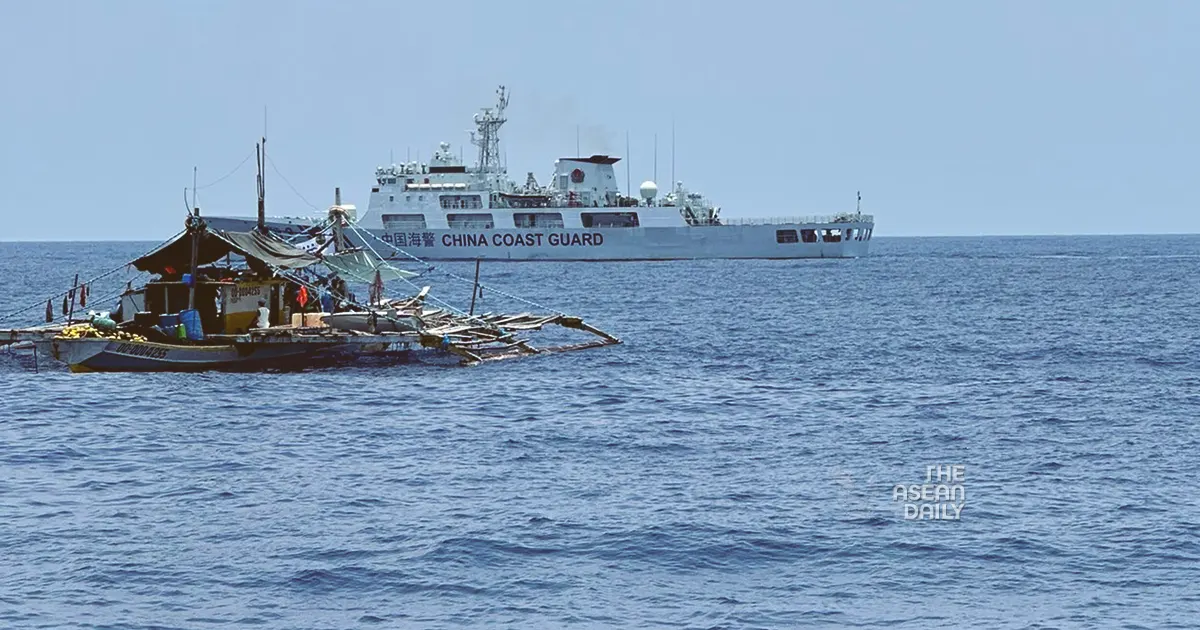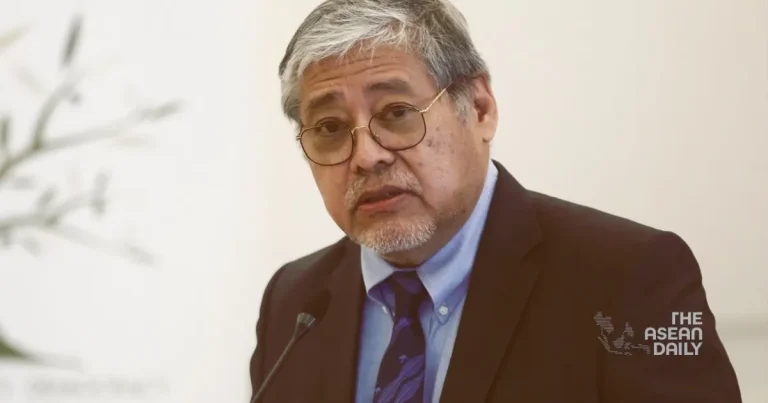10-1-2025 (SINGAPORE) The Philippines has reaffirmed its commitment to protecting its sovereign rights in the South China Sea whilst maintaining openness to diplomatic dialogue with China, according to the country’s top diplomat.
Foreign Affairs Secretary Enrique Manalo emphasised Manila’s dual-track approach during a diplomatic briefing, stating that whilst the Philippines remains open to discussions aimed at easing maritime tensions, it would not compromise on matters of territorial sovereignty.
“Our position on diplomatic resolution remains steadfast, but this shall not come at the cost of our sovereign rights”, Manalo declared, addressing growing concerns over escalating maritime disputes between the two nations.

Recent years have witnessed deteriorating relations between Manila and Beijing, primarily due to recurring confrontations in what the Philippines refers to as the West Philippine Sea. The tensions centre on overlapping territorial claims, with China asserting sovereignty over the majority of the South China Sea, including areas within the Philippines’ 200-nautical-mile exclusive economic zone (EEZ).
Manalo strongly defended his nation’s activities within its EEZ, emphasising their alignment with international maritime law. “Our presence and operations within our EEZ are entirely legitimate and conform to the United Nations Convention on the Law of the Sea”, he stated.
The Foreign Affairs Secretary also sought to decouple the maritime disputes from broader US-China relations, expressing concern that Beijing’s tendency to view the conflicts through the lens of US-China competition could hamper bilateral solutions.
Manila’s strategy of “assertive transparency”, implemented since early 2023, has involved publicising Chinese actions in the disputed waters, including alleged harassment of vessels and fishermen. Manalo defended this approach, stating, “Transparency serves to illuminate the truth. We are merely exercising our legal rights and have not initiated any confrontations”.

Addressing defence matters, Manalo confirmed the Philippines’ plans to acquire the American-made Typhon missile system, characterising it as part of a broader defence modernisation programme rather than an escalatory measure. He emphasised that the acquisition, expected to take two years to complete, aims solely to enhance defensive capabilities.
Looking ahead to Donald Trump’s incoming presidency, Manalo expressed optimism about continued strong Philippine-US relations, citing decades of cooperation and recent positive exchanges between Trump and Philippine President Ferdinand Marcos Jr.
The diplomatic chief highlighted the multifaceted nature of Philippine-US ties, encompassing defence, economic, and private sector collaboration, underpinned by the nations’ 75-year-old mutual defence treaty. “Our alliance has consistently strengthened, building upon long-standing commitments that transcend individual administrations”, Manalo concluded.




